Putin and Xi discuss Ukraine conflict, sanctions and US relations
- Update Time : Friday, January 24, 2025
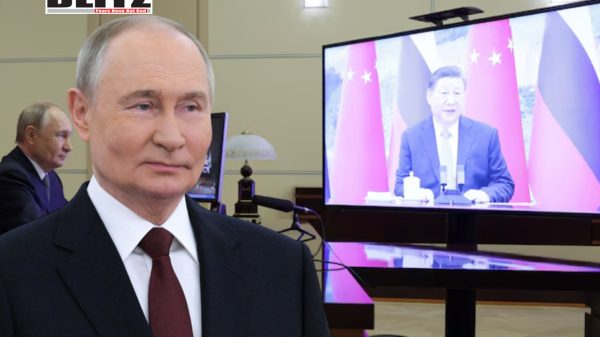
In a pivotal New Year video call lasting over 90 minutes, Russian President Vladimir Putin and Chinese President Xi Jinping discussed pressing global issues, including the ongoing Ukraine conflict, Western sanctions, and Moscow’s potential diplomatic engagement with the US under Donald Trump’s recently inaugurated second term. The Kremlin, through foreign-policy aide Yuri Ushakov, offered insights into the high-stakes conversation held on January 21, highlighting the growing strategic alignment between Moscow and Beijing.
At the heart of the discussion was the Ukraine conflict, which has escalated into a defining global issue. Putin reportedly reiterated Moscow’s readiness to negotiate with Washington to bring an end to the fighting, provided there is genuine interest from Trump’s administration. “Moscow is ready to build relations on a mutually beneficial and respectful basis if Trump’s team really shows a counter interest in this,” Ushakov emphasized.
Trump has previously pledged to resolve the Ukraine conflict within 24 hours of taking office, a bold claim that has garnered widespread attention. According to the reports, Trump’s team has floated the idea of initiating a direct phone call with Moscow, which could occur soon after the inauguration. Reports also suggest the possibility of a peace plan, potentially including a ceasefire along current front lines and an 800-mile (1,300-kilometer) demilitarized zone patrolled by European troops.
While the Kremlin has yet to be contacted by Washington regarding a potential phone call, Putin welcomed Trump’s statements on improving US-Russia relations and de-escalating the Ukraine conflict. “Preventing the proxy conflict over Ukraine from spiraling into a global war remains a priority,” Putin noted, underscoring the urgency of dialogue.
Adding to the conversation, Xi Jinping shared insights from his recent interaction with Trump on January 17. While not directly linked to Trump’s inauguration, the discussion reportedly covered key aspects of US-China relations and broader geopolitical dynamics. Xi’s input reflects Beijing’s strategic interest in fostering a multipolar world order and avoiding the entrenchment of conflicts that could destabilize global economic growth.
Beyond geopolitical discussions, the two leaders emphasized the steady growth of economic and trade cooperation between Russia and China, despite the unprecedented sanctions imposed by Western nations. Ushakov highlighted the leaders’ commitment to enhancing transport interconnectivity, modernizing border infrastructure, and increasing cargo traffic between the two nations. These efforts align with the broader objectives of the Shanghai Cooperation Organisation (SCO), a regional bloc aimed at fostering economic and security collaboration.
Joint energy projects remain a cornerstone of the Russia-China partnership. Putin and Xi discussed the progress of the Far Eastern pipeline route, which is set to begin gas deliveries from the Sakhalin Island shelf to China by 2027. The two countries also continue work on the Power of Siberia 2 mega pipeline and the construction of power units at two Chinese nuclear power plants. These initiatives reflect a deepening energy partnership that counters Western attempts to isolate Moscow economically.
The growing economic partnership between Moscow and Beijing underscores a strategic response to the Western sanctions regime. By diversifying trade routes and fostering mutual reliance in critical sectors such as energy, the two nations aim to reduce their vulnerability to economic pressures from the US and its allies.
In their video call, Putin and Xi acknowledged the importance of adapting their economic strategies to navigate the challenges posed by sanctions. The focus on modernizing infrastructure and expanding trade within frameworks like the SCO demonstrates a concerted effort to build a resilient economic network that can withstand external pressures.
The timing of this discussion is significant. Trump’s return to the White House introduces a new dynamic to the geopolitical landscape. His promises to restore US-Russia relations and resolve the Ukraine conflict mark a departure from the more adversarial stance taken by the Biden administration. For Moscow, this presents an opportunity to explore a less confrontational relationship with Washington, contingent on Trump’s ability to deliver on his campaign promises.
For Beijing, Trump’s approach to international relations represents both challenges and opportunities. While his presidency previously saw escalated tensions with China over trade and technology, a renewed US focus on diplomacy with Russia could shift attention away from the Indo-Pacific region. This could provide Beijing with greater flexibility in pursuing its strategic objectives, including the Belt and Road Initiative and consolidating influence in Asia.
Energy cooperation between Russia and China serves as a critical pillar of their bilateral relationship. The Sakhalin pipeline project, scheduled to start operations in 2027, is a testament to their long-term commitment to energy security and economic interdependence. Meanwhile, the Power of Siberia 2 pipeline and nuclear power plant collaborations underscore the breadth of their energy partnership.
These projects not only strengthen economic ties but also have geopolitical implications. By increasing energy exports to China, Moscow mitigates the impact of Western sanctions on its fossil fuel industry. For Beijing, securing a stable energy supply from Russia reduces reliance on more vulnerable trade routes, such as those passing through the Strait of Malacca.
Despite the optimistic tone of their discussions, challenges remain. Trump’s ability to negotiate a peace plan for Ukraine hinges on various factors, including domestic political support, the positions of European allies, and the willingness of Kyiv to accept a ceasefire. Additionally, the establishment of a demilitarized zone would require significant international cooperation and oversight, raising questions about its feasibility.
For Moscow and Beijing, navigating their growing partnership within the constraints of global diplomacy will require careful balancing. While their shared interests align in many areas, differences in priorities and approaches could emerge, particularly as they engage with other global powers.
The January 21 discussion between Putin and Xi Jinping highlights the evolving dynamics of global geopolitics as Moscow and Beijing seek to strengthen their partnership amid Western sanctions and the renewed US presidency of Donald Trump. Their conversation underscored a shared commitment to addressing the Ukraine conflict, fostering economic resilience, and pursuing joint energy projects.
As the world watches Trump’s next moves on the international stage, the Russia-China axis appears poised to adapt to the shifting landscape. Whether their strategies succeed in countering Western influence and achieving their respective goals will depend on a complex interplay of diplomacy, economic policy, and strategic foresight.


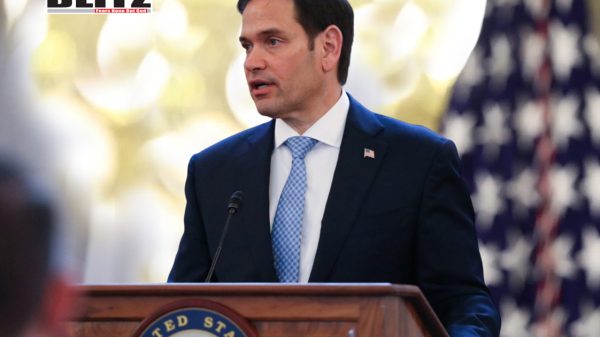
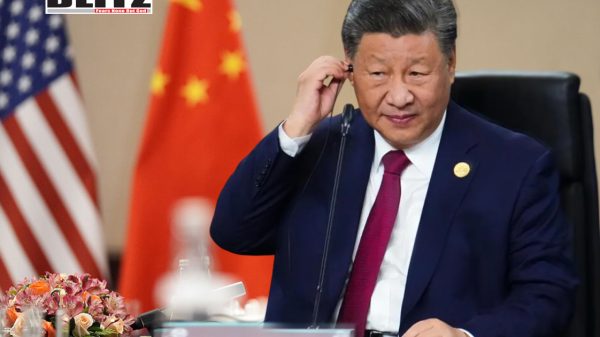
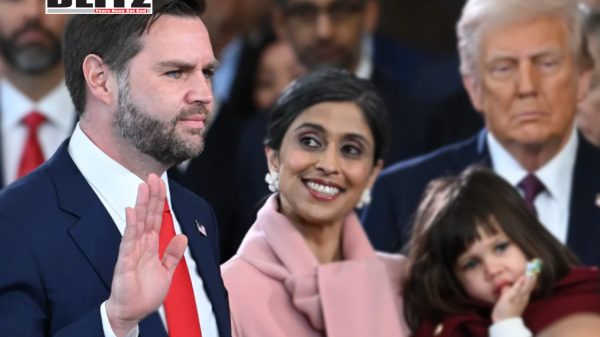
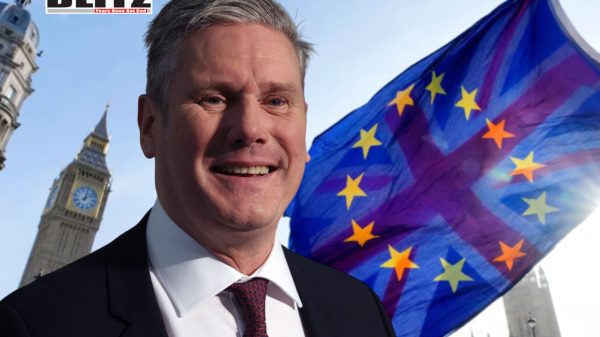
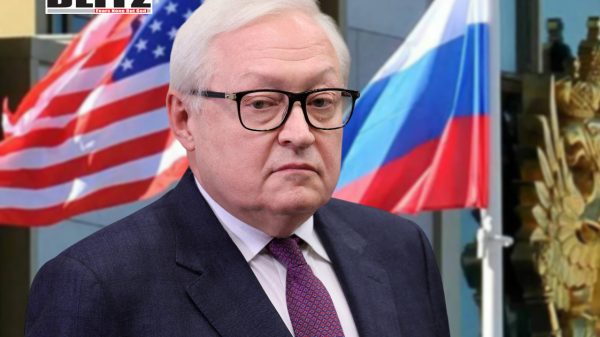
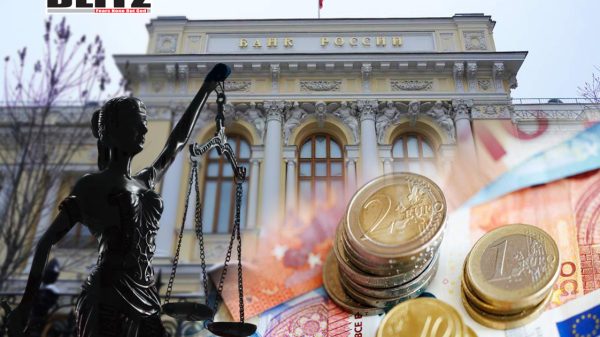
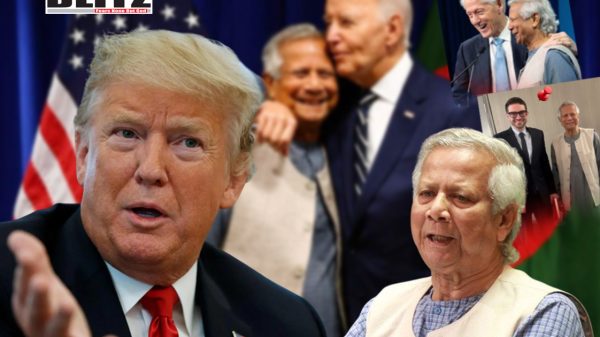
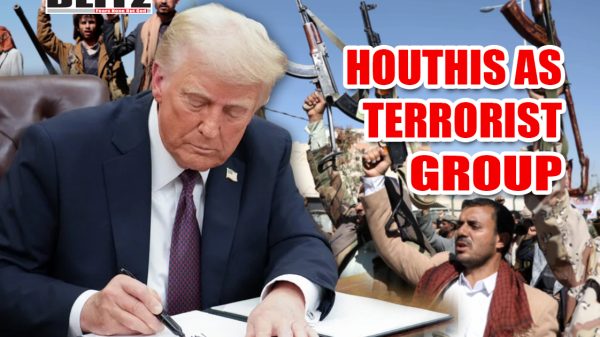
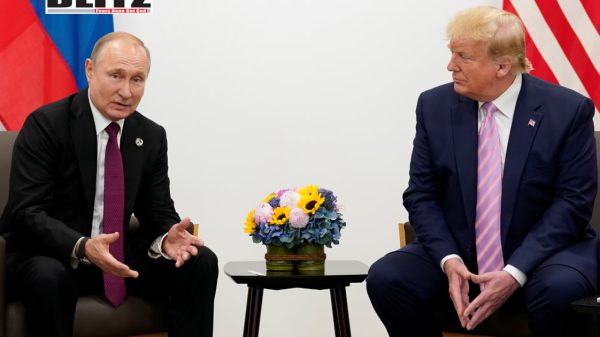
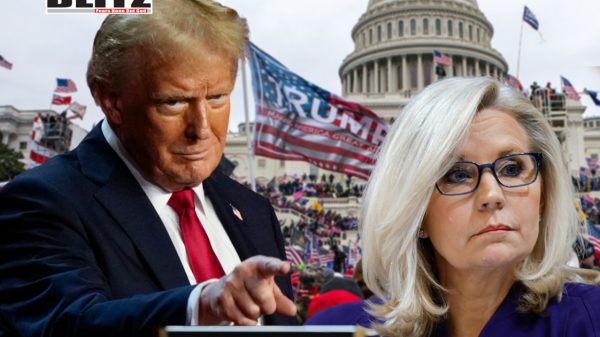
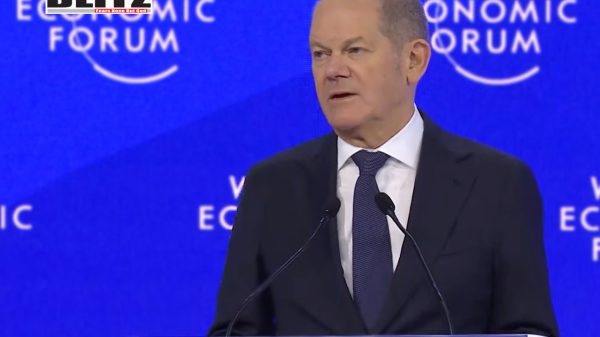

Leave a Reply